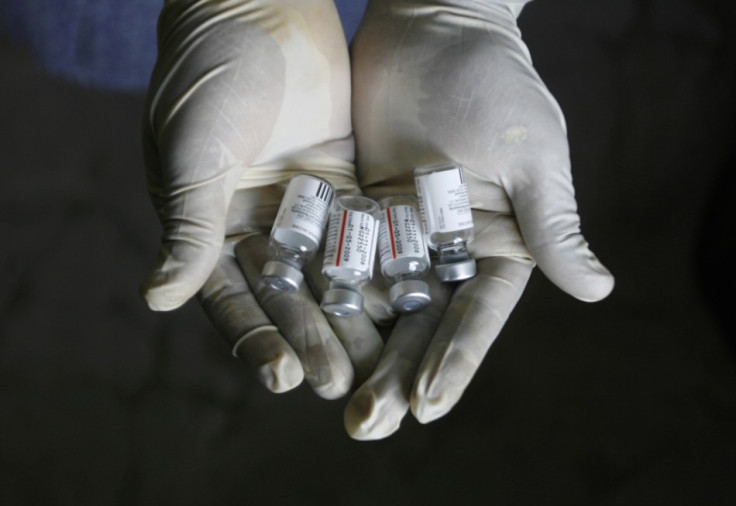Canadian HIV Vaccine Receives Green Light for Human Testing

An experimental HIV vaccine has been approved for human testing.
Researchers at the University of Western Ontario have spent 20 years developing the vaccine, called SAV001, which is the first to use a dead HIV-1 virus to activate the immune response in humans.
The strategy has already been used successfully in developing vaccines for influenza, polio, rabies and hepatitis A, according to Dr Chil-Yong Kang, professor of virology at the university's Schulich School of Medicine and Dentistry.
The vaccine, which is administered by injection, has already been tested on animals and the Food and Drug Administration in the United States has now given it the go-ahead for human trials.
Phase one of the clinical trials will take place in the U.S., where the vaccine will be administered to 40 HIV-positive patients to test its safety. If it succeeds, a second phase of trials will see it tested on 600 HIV-negative volunteers, who are at a high risk of infection.
"FDA approval for human clinical trials is an extremely significant milestone for our vaccine, which has the potential to save the lives of millions of people around the world by preventing infection," Dr Kang said.
There are 30 vaccines currently being tested in clinical trials around the world. In September, medical researchers claimed to have developed the most potent vaccine yet. The vaccine, MVA - B, produced immunity in 22 of the 24 healthy subjects in the study.
© Copyright IBTimes 2025. All rights reserved.





















